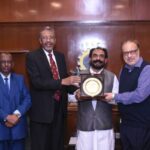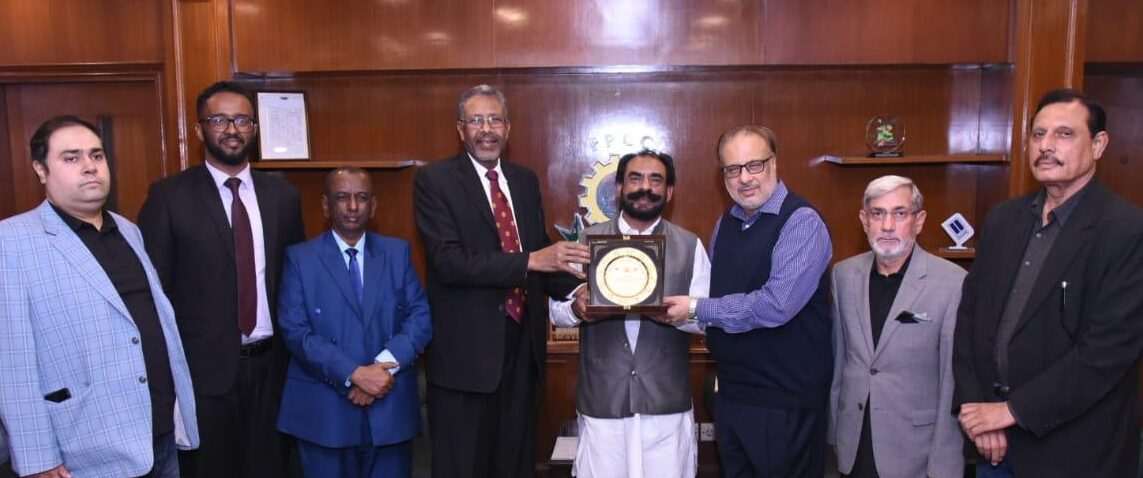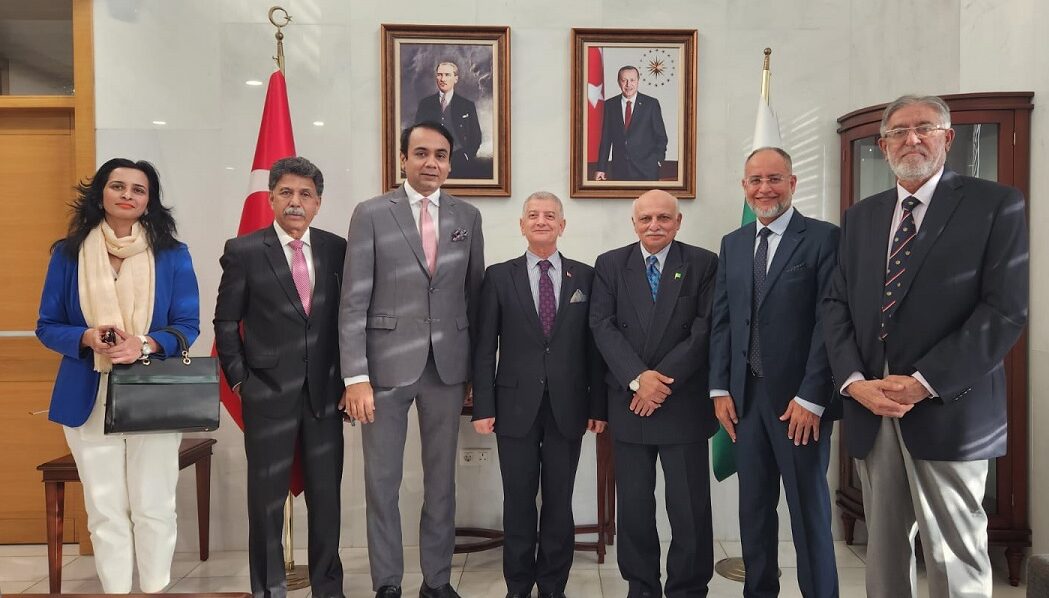Islamabad, January 16, 2024 :The world’s five richest men have more than doubled their fortunes from $405 billion to $869 billion since 2020, while the wealth of the poorest 60 per cent – almost five billion people – has fallen, a new Oxfam report on inequality and global corporate power has found. If current trends continue, the world will have its first trillionaire within a decade but poverty won’t be eradicated for another 229 years.
Oxfam’s flagship Inequality Inc. Report is released as the world’s richest people gather in Davos, Switzerland, for the annual World Economic Forum meeting. It underscores the gaping divide between the rich and poor and especially highlights the extent to which the disparity is growing at a rapid clip.
The report finds out combined wealth of the top five richest people in the world – Elon Musk, Bernard Arnault, Jeff Bezos, Larry Ellison and Mark Zuckerberg – have increased by $464bn, or 114%. These billionaires were $3.3tn richer than in 2020, and their wealth had grown three times faster than the rate of inflation.
Inequality Inc. examines how sharply increasing billionaire wealth and rising corporate and monopoly power are interconnected. And how corporate power exploits and magnifies inequalities of gender and race, as well as economic inequality.
The report reveals that seven out of ten of the world’s biggest corporations have a billionaire as CEO or principal shareholder. These corporations are worth $10.2 trillion, equivalent to more than the combined GDPs of all countries in Africa and Latin America.
Asim Jaffry, Country Program Lead, Fair Finance Pakistan in his message on X said Oxfam’s Inequality report offers a strong global evidence to end extreme inequality. “Data constraints and lack of adequate methods to measure inequality in Pakistan hinder our policy makers to set clear targets to reduce economic inequality.” He said various analysis of household income surveys labour force surveys and PSLM show growth in income in the last 30 years has largely been pro-rich in Pakistan. Climate change and limited access to education and healthcare has further exacerbated inequality, widening the gap between the rich and the poor in the country.
Oxfam’s global Inequality report also resonates with Pakistan. While Pakistan has witnessed a progressive decline in inequality since 1990s, household income surveys and labour force surveys show pro-rich income growth in this period. Major inequality change in Pakistan took place due to a College degree and wage increase since 2001.
Regional disparities also hinder economic growth and give rise to regional inequalities in all sectors of life in Pakistan. Sindh has the highest gross regional domestic product, followed by Punjab and KP meanwhile Balochistan has seen negative per capita income growth in the last three decades. Agriculture and services sectors saw an increase in inequality while inequality in the industrial sector has declined since 1999.
According to the report, the world’s richest 1% own 43 per cent of all global financial assets.The richest 1% own 50% of wealth in Asia and own 43% of all global financial assets. Over the same period, people worldwide are working harder and longer hours, often for poverty wages in precarious and unsafe jobs. Across 52 countries, average real wages of nearly 800 million workers have fallen. These workers have lost a combined $1.5 trillion over the last two years, equivalent to nearly a month (25 days) of lost wages for each worker. It would take 1,200 years for a female worker in the health and social sector to earn what a CEO in the biggest Fortune 100 companies earns on average in one year.
In his message on X, Hussain Jarwar, CEO, Indus Consortium and coalition member of Fair Finance Pakistan said waterborne diseases in urban areas are on a rise in Pakistan, fueling health inequalities in the country. “Uneven distribution of water across regions has left millions of people without free availability of clean and safe water in Pakistan.”
The ever-widening gulf between the rich and the richest isn’t accidental. The report says richest 1% globally emit as much carbon pollution as the poorest two-thirds of humanity.
Nadeem Iqbal, CEO, TheNetwork for Consumer Protection in Pakistan and coalition member of Fair Finance Pakistan said environmental inequalities expose vulnerable populations to impaired health. “Road transport is a major contributor to Pakistan’s poor air quality. Inaction from multi-rich global car manufacturers to reduce short lived air pollutants from the transport sectorhas led to surge in respiratory illnesses and has increased the disease burden at the state and family level.”
“Uneven urban development is a manifesto of inequality, harms people’s health and hurts planet ecology. It should be stopped. Progressive taxation, population control, investment in education and infrastructure, and increased access to healthcare and other services can help in reducing inequality in Pakistan,” Asim Jaffry, Fair Finance Pakistan Country Program Lead said in his X statement.



























































































































































































































































































